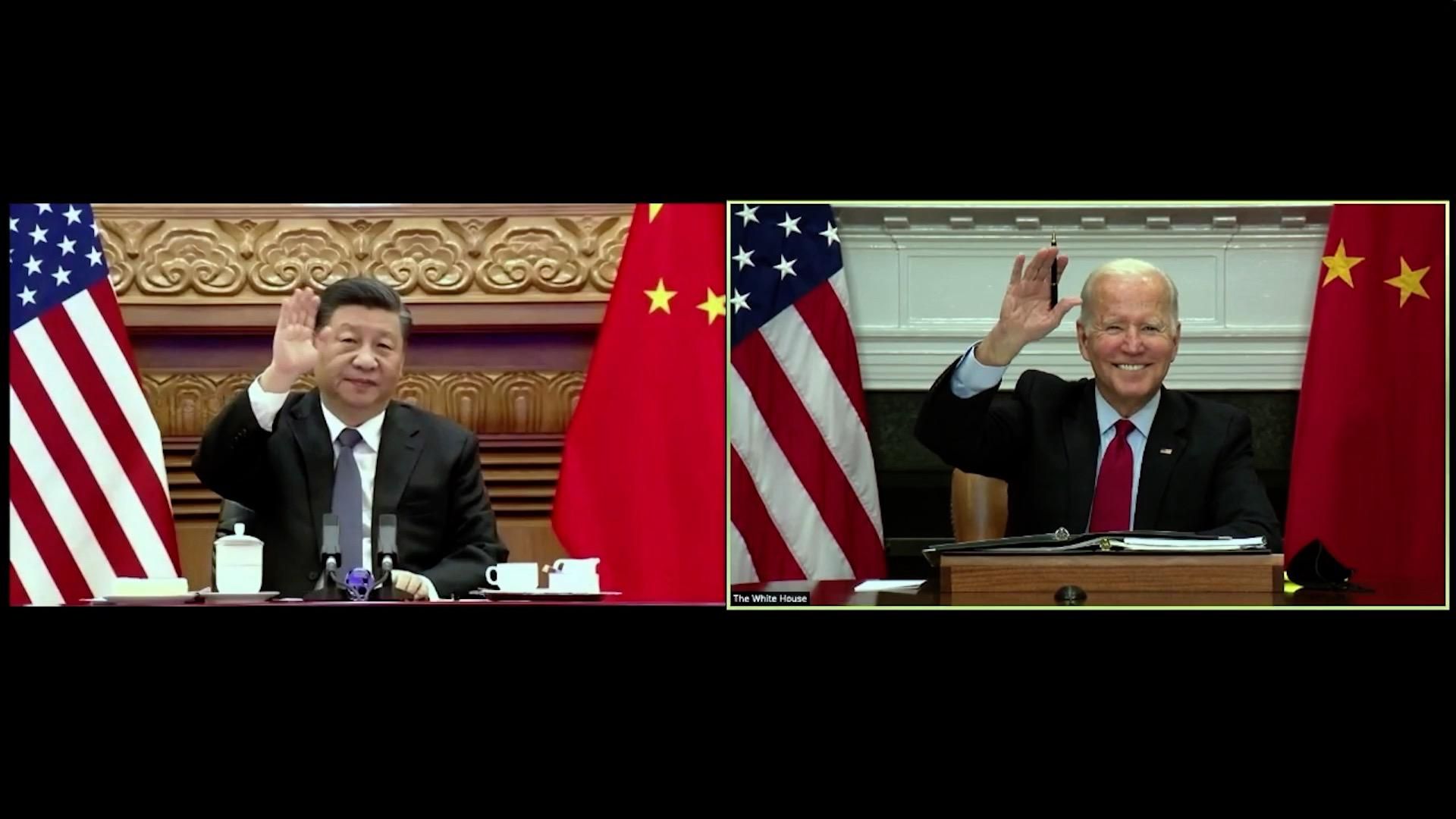What We’re Watching: US and China's rocky marriage and India’s unlikely success
China-US: Bad politics, good economics
President Joe Biden is a very different president than his predecessor, Donald Trump. But on some foreign policy issues – notably managing relations with China – the two are kindred spirits. US-China relations crashed under Trump, and Biden has kept the relationship on a mostly combative footing, leaving Trump-era tariffs on some Chinese goods in place. Still, while the White House talks tough about isolating China geopolitically, speculation of a US-China “decoupling” is misplaced. Beijing and Washington need each other because their economies are closely intertwined. The US is China’s biggest trading partner, with Americans importing a whopping $541.5 billion worth of Chinese imports in 2021. Even in 2020 – a slower trading year amid the pandemic – China and the US traded $559.2 billion worth of goods. What’s more, two-way foreign direct investment, which is more resistant to economic shocks, has ballooned in recent years (Chinese FDI in the US increased 61% between 2015 and 2020). The resilience of the bilateral economic relationship is also reflected in the fact that China is the third-largest export market for American goods (behind Mexico and Canada). Support for a tough-on-China stance gets rare bipartisan support in Washington these days, so political ties between Beijing and Washington will likely remain rocky. Still, with their economic fortunes so closely linked, China and the US are in this marriage for the long haul.
